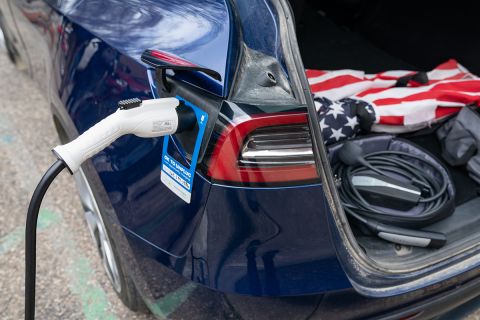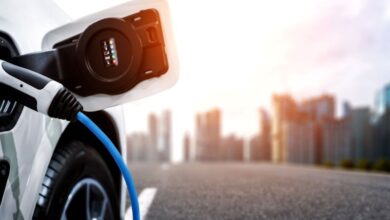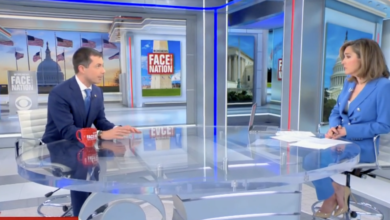EV transition is slow go in Michigan. It needs 100,000 chargers, has 3,300

Drivers won’t buy electric cars unless the experience is just as convenient as driving a gas-powered vehicle. And while a median battery range of 270 miles means EV drivers can make the vast majority of their trips without stopping to charge, “range anxiety” remains a concern during road trips and for the 1 million Michigan families in multifamily housing who may lack the ability to charge at home.
“The leading reason why people rule out buying an EV is because they’re concerned about public charging,” said Elaine Buckberg, a senior fellow of the Salata Institute for Climate and Sustainability at Harvard University, who was formerly chief economist for General Motors.
In order to meet industry and government EV deadlines, Buckberg said, “we can’t keep having constant headlines that public charging sucks.”
To be sure, Michigan is far from alone in its struggles with building EV charging infrastructure. Despite billions in federal funds available, many states have yet to start construction.
In Michigan, officials estimate the state needs at least 9,200 more state-of-the-art fast chargers that can cost well over $150,000 a plug and refuel a battery in about 30 minutes, plus another 87,000 slower “Level 2” chargers that cost a few thousand dollars and take four to eight hours.
Gas stations and other businesses struggle to justify the expense when gas-powered cars still outnumber plug-ins nearly 100 to 1.
“It’s hard to make sense of it if you’re a retailer,” said Mark Griffin, president of the Michigan Petroleum Association/Michigan Association of Convenience Stores. “Why should I invest all this money today if no one’s gonna stop at my station to use it?”
That means Michigan’s charging goals are only achievable if there is “significant, continued commitment from the state and federal government,” said Glenn Stevens, executive director of MichAuto, which is affiliated with the Detroit Regional Chamber and promotes the auto industry.
“I underscore the word significant,” he said.
Political football
Democratic President Joe Biden has gone all-in on EVs. His administration has allocated tens of billions in tax credits for EV purchases and grants and loans for EV manufacturing and authored emissions rules to transform the auto industry to mostly electric or hybrid vehicles by 2032.
His likely opponent, former President Donald Trump, refers to EVs as job killers and has vowed to reverse Biden’s policies and “unleash” the oil and gas industry if he wins in November.



